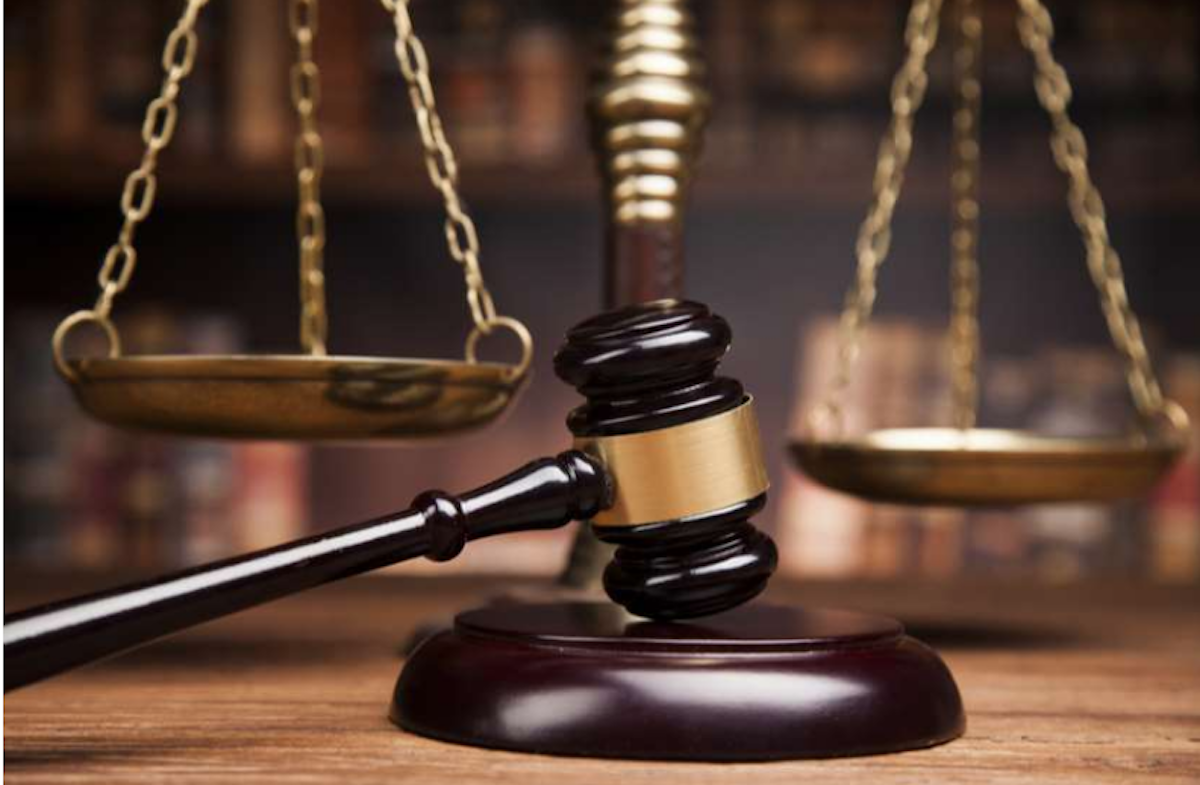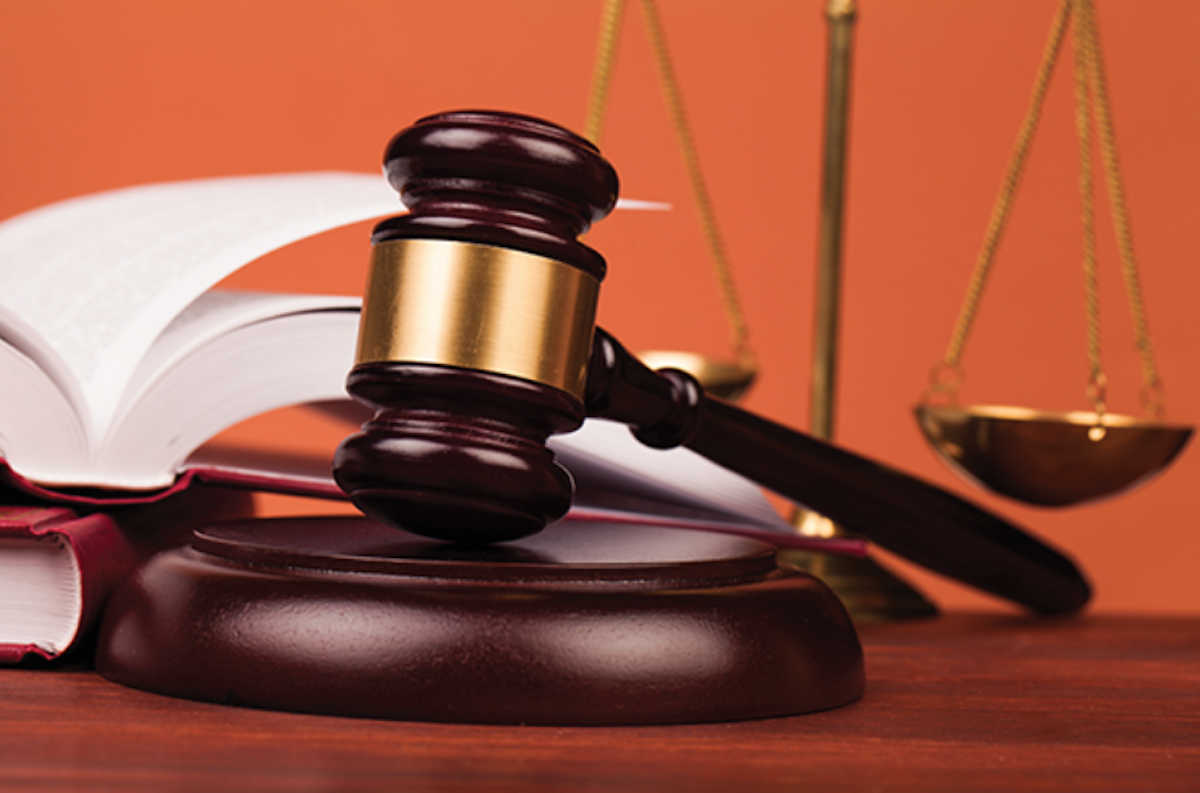Court suspends Georgian president's decree on appointing representative to the justice council
Georgian court and the High Council of Justice
The Tbilisi City Court has suspended the implementation of the presidential decree appointing Kakha Tsikarishvili as the president’s representative to the High Council of Justice. According to the court’s statement, until the case is fully resolved, the Georgian president is prohibited from holding a new competition to appoint another member to the High Council of Justice (in any form).
Kakha Tsikarishvili stated that the judge who issued the ruling acted on behalf of the so-called “judicial clan.”
“This decision, made today, completely changes the course of the process. I was set to start working with the Justice Council tomorrow. I intended to make announcements and present my plan to the public. My main task was to introduce dissenting votes into the High Council of Justice. Currently, there are no dissenting votes, no disputes, no discussions; everyone is of the same opinion and votes for the same decision. I planned to conduct a thorough investigation into problems within the judiciary and inform the public,” Tsikarishvili said.
Legal experts view this as a dangerous and harmful precedent that contradicts Georgian legislation.
Feedback
Nona Kurdovanidze, Chair of the Georgian Young Lawyers’ Association (GYLA) and one of the presidential candidates for a position on the High Council of Justice, stated that the Constitutional Court should not have suspended the presidential decree, and the case should not have been accepted for review as it contradicts the constitution.
According to Kurdovanidze, while there is a possibility to appeal this decision, it may take time, and there is little hope that the appeal will overturn the ruling.
“This is a very bad precedent. Unfortunately, the judicial system is using its influence to block even a single person with a differing opinion from joining the High Council of Justice. This person would not have a significant impact on the Council’s decision-making process. All he could do was ask for more publicity.
When the High Council of Justice does not cooperate with the public, organizations, or media, we do not receive information about the Council’s decisions. An independent member could have a critical voice in the High Council of Justice.
It is incredible that the fundamental constitutional provision granting the president the right to appoint an independent member was ignored by the general court, which decided it would control who becomes the president’s appointed member to the Council,” Kurdovanidze said.
Guram Imnadze, Chair of the Selection Committee for the High Council of Justice and a lawyer with the Center for Social Justice, has criticized the court’s decision as a “dangerous and harmful” precedent. According to Imnadze, the court’s ruling represents a severe interference in the president’s exclusive powers and contradicts legislation while undermining the accountability and transparency of the High Council of Justice, which is already flawed.
Imnadze argues that the decision not only damages the presidential institution and its effectiveness but also further erodes the already limited trust in the entire judicial system:
“With this ruling, the judge has ignored a provision of the Administrative Code of Georgia that does not apply to the president’s activities. We believe this decision does not serve the rule of law or public interests, and thus the court is grossly interfering in the exclusive powers of the independent constitutional body – the president.
This decision is particularly dangerous as it essentially allows the court to arbitrarily control who the president can appoint to the High Council of Justice.
It is also noteworthy that the judge extended the two-month review period to five months, which further prolongs the effect of this decision and increases the risk of paralyzing the president’s role as an independent constitutional organ,” Imnadze said.





















